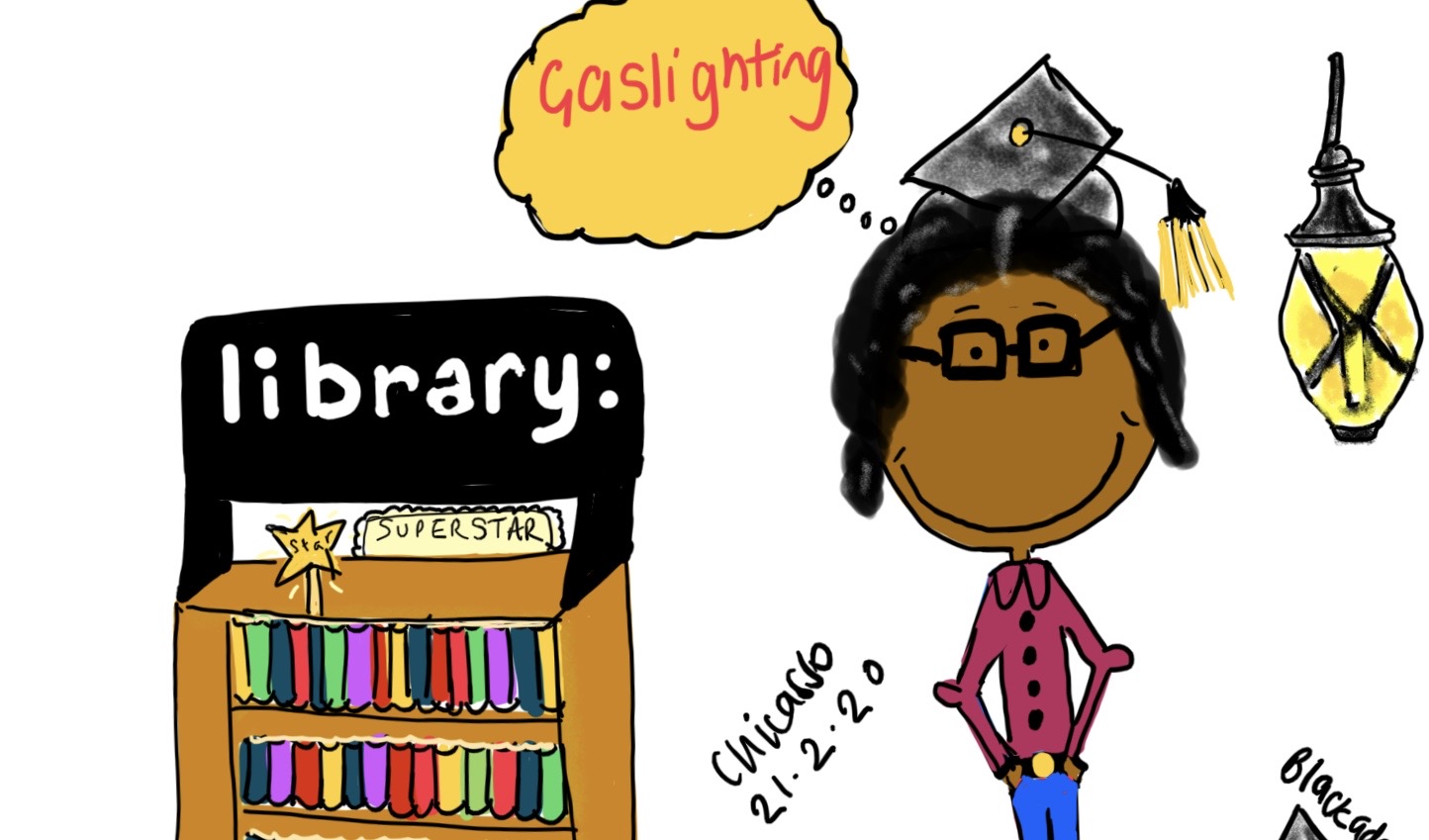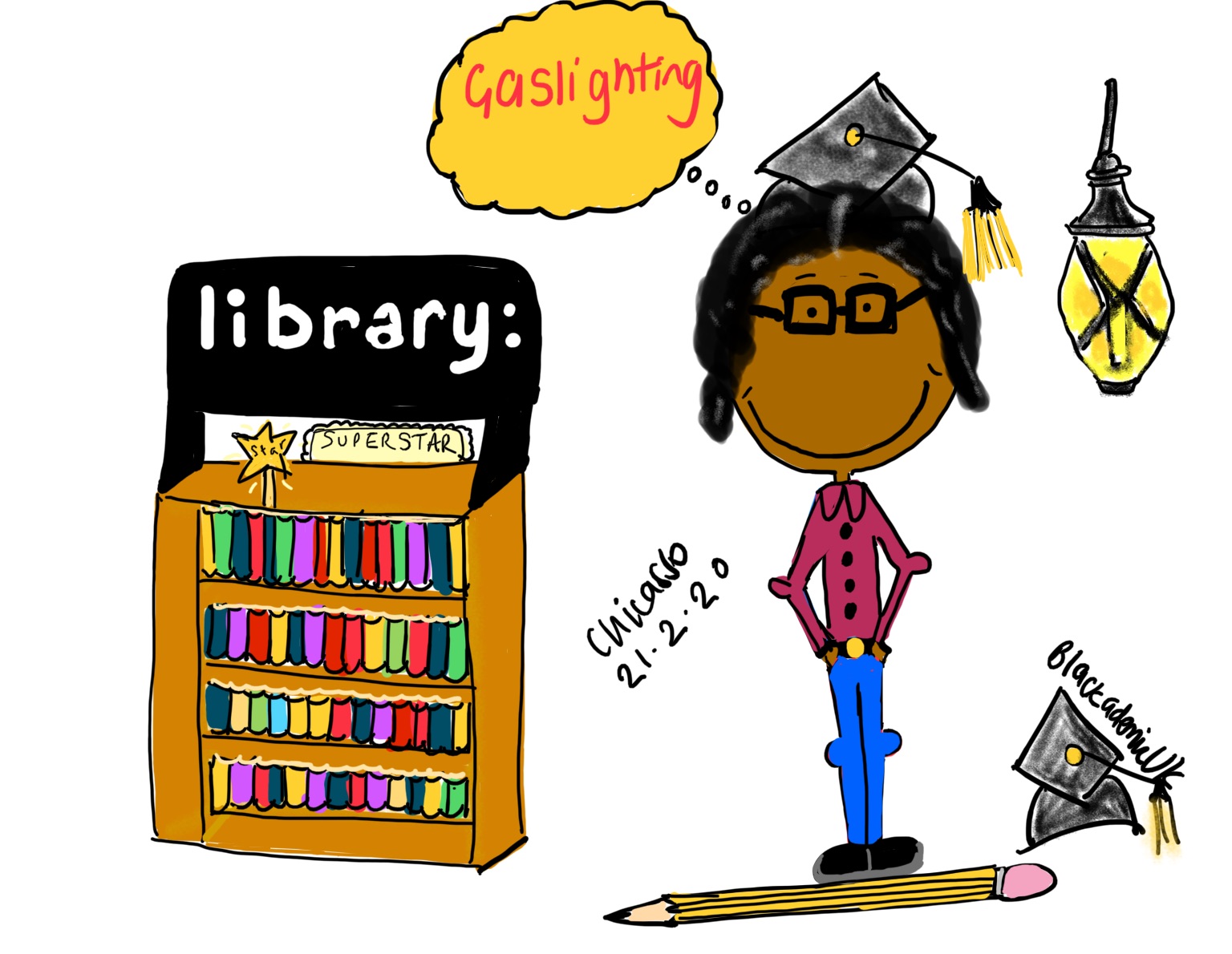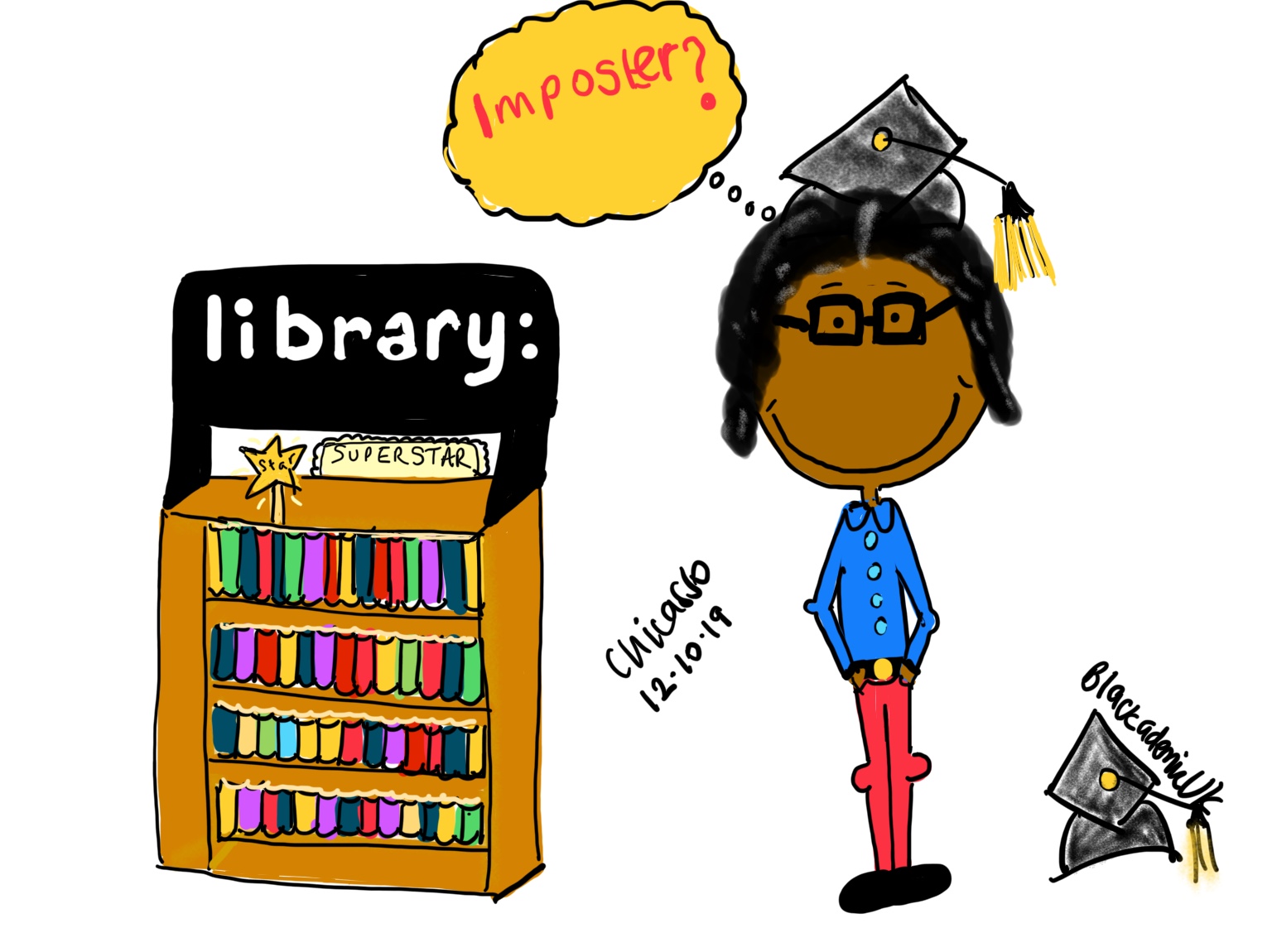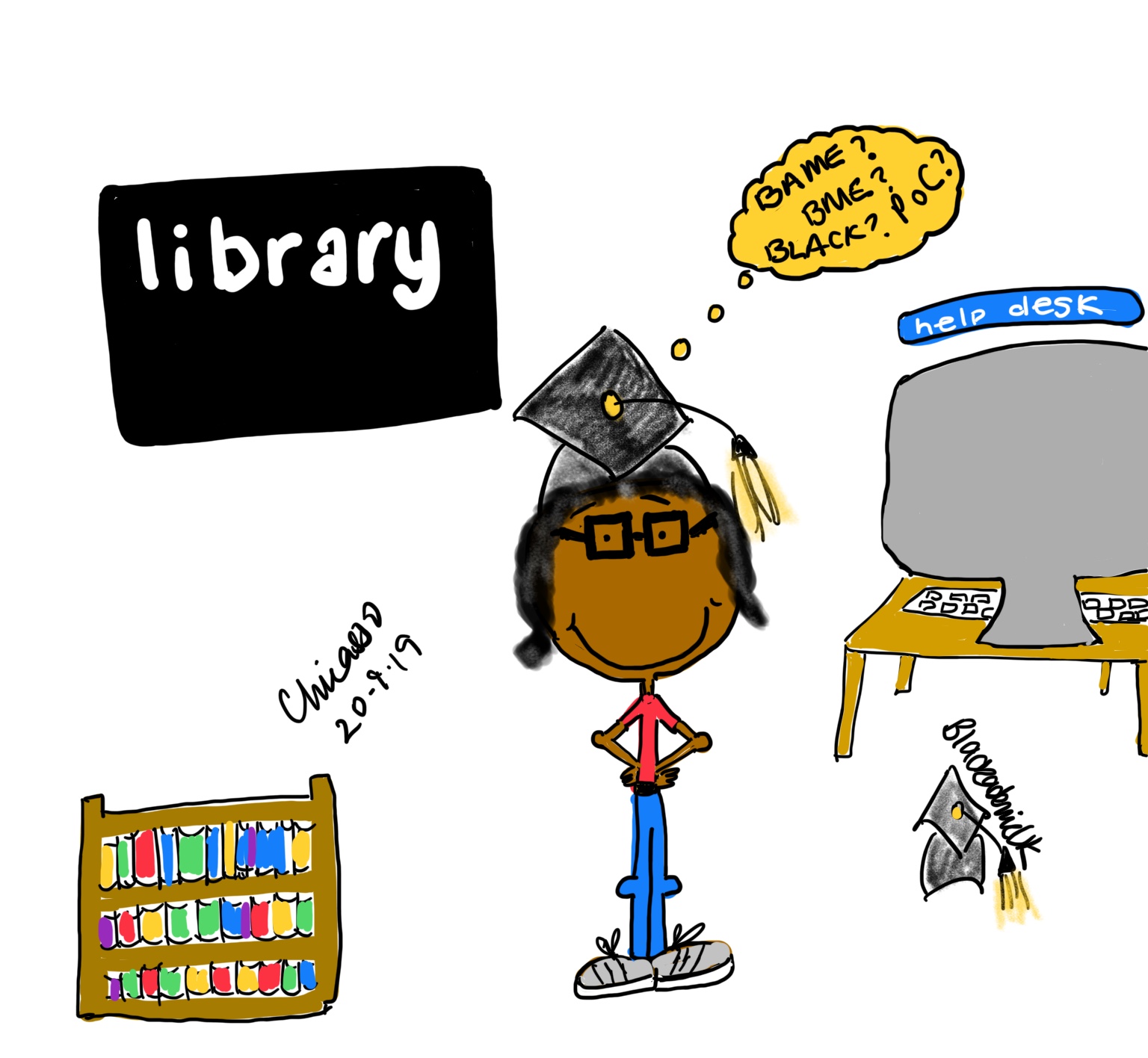
Just yesterday there was an item in the news about the lack of black PhD students. No s**t, Sherlock, I thought.
Over the past year I have been looking for academics in my field to help me to navigate.
More often than not, I have been ignored.
This week I followed up an interesting tweet only to find that the academic didn’t wish to share her research. When I asked for suggestions of published research, her reply was so unhelpful I realised we were wasting each other’s time.
Yes, the reasons are complex but is it hard to be altruistic? I have a hunch that there are many out there working towards their next promotion rather than making a difference.
There are some good folk, though: one research centre sent me articles and a book chapter that hadn’t even been published.
Perhaps I need to ask a different question…


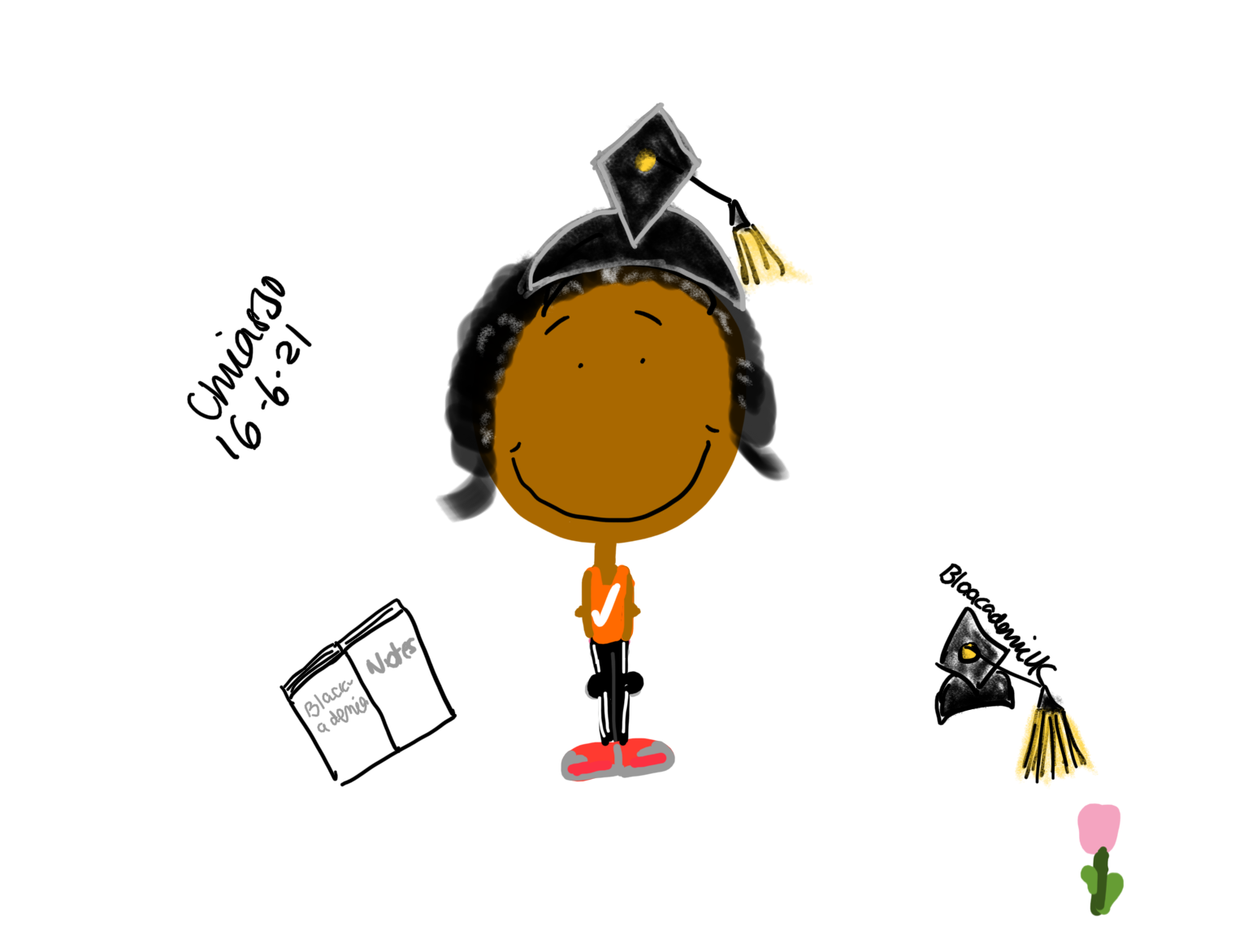 I’ve just finished reading a wonderful article by
I’ve just finished reading a wonderful article by 
